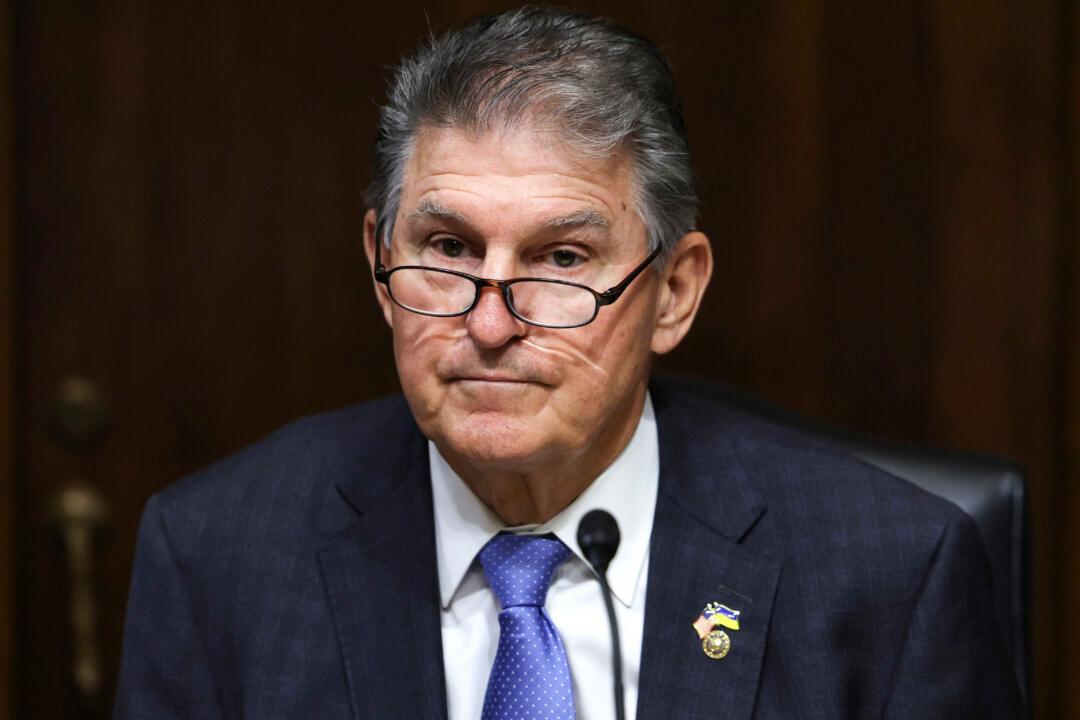Sen. Joe Manchin (D-W.Va.) announced on Feb. 16 he will not run for the White House.
“I will not be seeking a third-party run,” he said in West Virginia. “I will not be involved in a presidential run.”

Sen. Joe Manchin (D-W.Va.) announced on Feb. 16 he will not run for the White House.
“I will not be seeking a third-party run,” he said in West Virginia. “I will not be involved in a presidential run.”